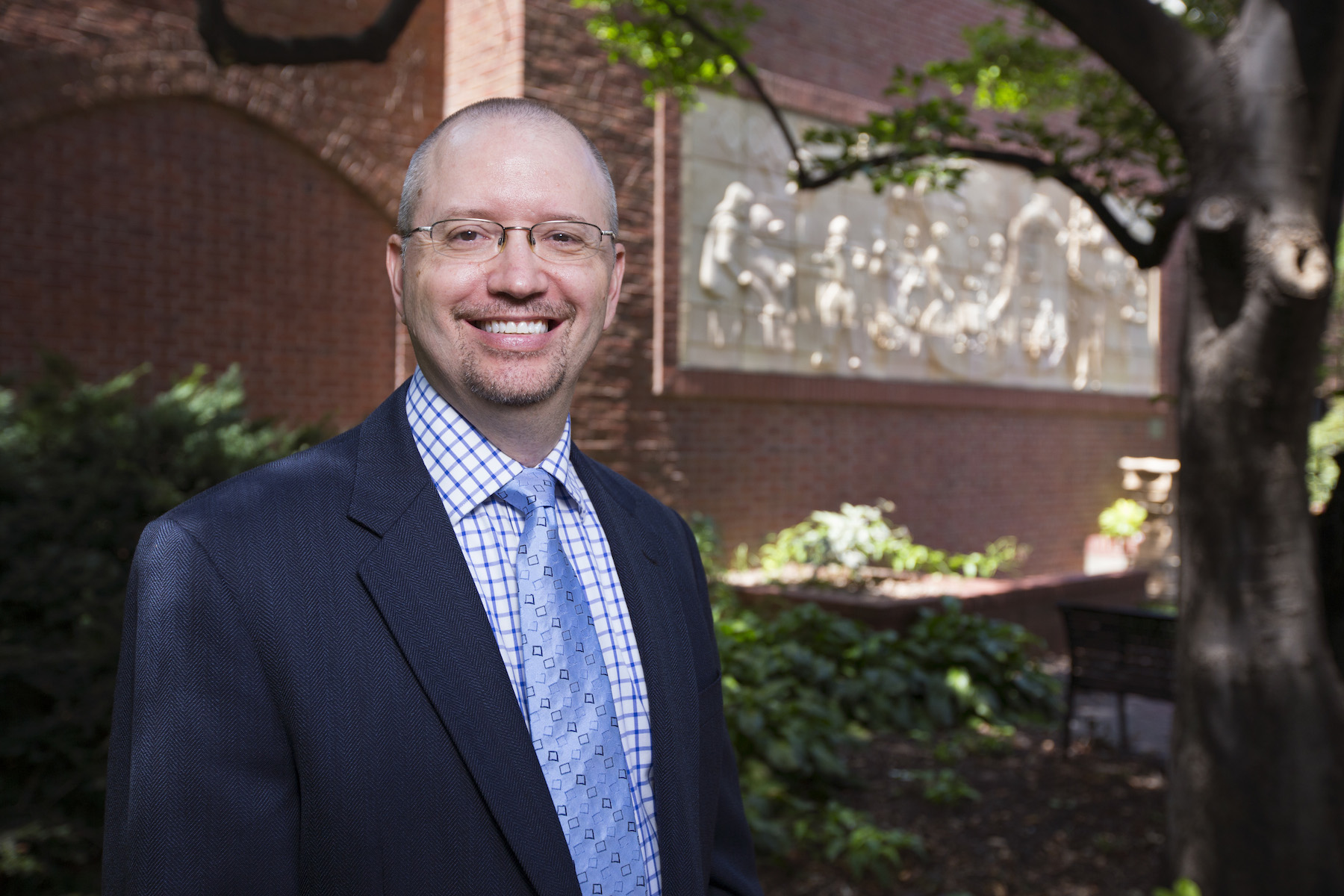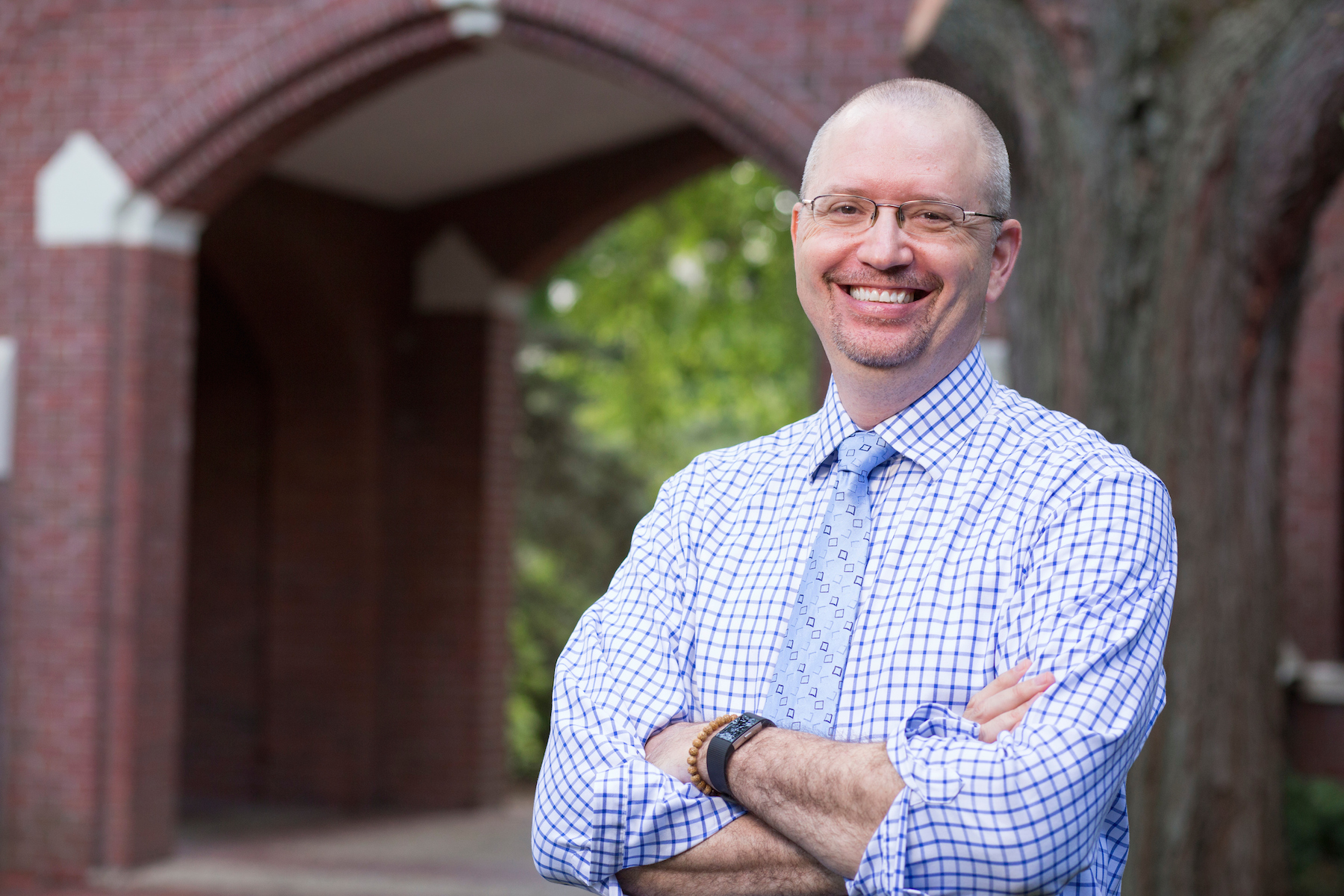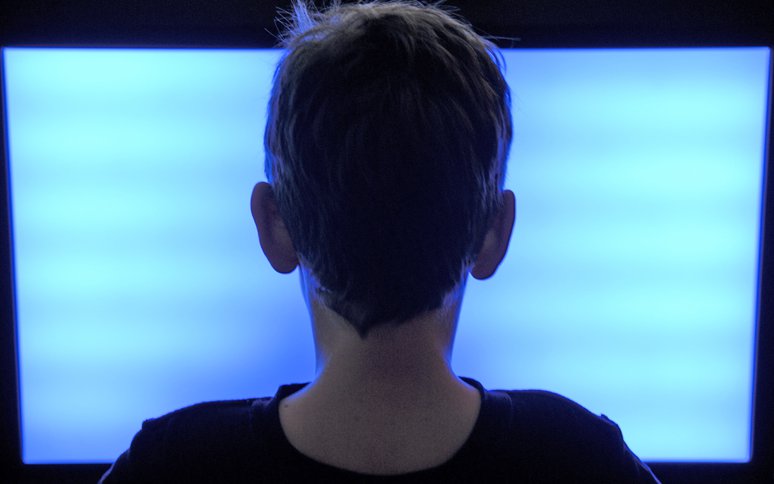When Douglas Gentile first began his pioneering research on media effects, he was skeptical of the claim that children were suffering from true videogame addiction – a negative effect of media. Sure, they spent a lot of time in front of the screen, but were they really showing the traditional signs of addiction: damaging their social, familial, psychological, emotional and academic functioning?
He did not think so. But then his ideas were challenged and refined amidst international collaborations researching positive and negative media effects, including videogame addiction.
“Most media effects are based on learning – you get better at whatever you see and practice the most,” Gentile, a professor of psychology in the College of Liberal Arts and Sciences, said. “Across cultures, we’ve found that media content affects us all similarly.”

As Gentile’s international collaborations grew to more than 15 countries, including South Korea and Singapore, he began to hear of cases that inspired him to change his initial view and investigate videogame addiction further. His collaborative work on screen overuse and addiction is highly influential research with a big global impact. In fact, his work has resulted in the inclusion of “Internet Gaming Disorder” in the "Diagnostic and Statistical Manual of Mental Disorders-5," published by the American Psychiatric Association.
“I think the best science is collaborative and interdisciplinary,” he said. “I can sit in my office and come up with an idea, but it becomes a good idea when I can discuss it with others, get their perspective on it, change it and amend it, particularly if I can find people that don't see the world the way I do.”
Across cultures, media shapes us
Through careful research, Gentile has discovered that, across cultures, the effect of media on children is the same. The concerns from parents are the same, too.
"We may ask the question in slightly different ways,” he said. “But we're always asking the same underlying question: 'How do we maximize the benefits of media while minimizing the harms?'"
He looks for the answer by studying the various positive (such as the benefits of pro-social video games) and negative (such as videogame addiction) effects media can have.

Luca Milani, an associate professor of psychology at Catholic University of Milan in Italy, collaborated with Gentile on several media effect studies.
“The sheer amount of time we spend with media and new technologies and the degree of ‘liquidity’ they have reached means that the need for research on this topic is great,” Milani said. “The adults of tomorrow are shaped by the media ‘diet’ they are consuming today.”
That “media diet” has similar effects across the world.
“In most of what I study we have been initially surprised,” Gentile said. “But once we think about it carefully, it makes sense that there are almost no cultural differences. People are people, all over the world, and human psychology is pretty similar all over the world. If you see something over and over again, you learn from it.”
Screen overuse and behavior
The more you watch something the better you learn it. The better you learn it, the more likely it is to show up in your behavior. This includes one of the most talked about negative media effects—aggression from media violence. The specific ways in which that aggression is expressed does vary culture to culture according to cultural aggression norms, said Gentile, but the media effect of learning aggression from watching aggression remains the same.
"People are people, all over the world, and human psychology is pretty similar all over the world. If you see something over and over again, you learn from it."
The same is true for pro-social media. Research shows that children who watch more pro-social media gain empathy and show more helpful and cooperative behavior. The specific positive behaviors vary from culture to culture, but the effect is the same across cultures.
Wayne Warburton, a senior lecturer of psychology at Macquarie University in Australia, studies screen overuse and addiction. He has partnered with Gentile for several research projects.
“Screen overuse is now recognized widely as a serious problem which impacts the developing brain and can change thoughts, feelings and behavior,” Warburton said. “Doug is involved with the core group steering research in this area and his work has been very influential in this field. He also travels widely teaching academics, professionals and parents about the implications of his work for healthy development.”
Addressing the challenges
Gentile’s collaborations do not end in answering questions surrounding media’s effects on children. They also address the concerns.
Gentile is working with Yuhyun Park, researcher at Nanyang Technological University in Singapore, on “DQ World,” a multifaceted program founded by Park to teach children digital intelligence (DQ) using research-based innovative tools. It features numerous ways to engage children, including animated television shows, comic books, trading cards and an interactive exhibit at a science museum.

Gentile contributes to the theoretical design of the project, making sure it addresses key issues, measuring its effect, and even voice acting for one of the cartoon characters.
In addition to collaboration on “DQ World,” Gentile's research also informs rating systems in the United States, Australia, Singapore and Europe, helping parents decide what to let their children watch.
“One of the things I've been happiest about in my research is that I've been able to demonstrate that parents are in a much more powerful position than they realize,” he said, noting that parents often feel powerless because they cannot see the effect their rules have on their children. However, research shows that children of parents who set more limits on the amount of time their kids watch media and the content of what they watch get more sleep, better grades, are rated as less aggressive by teachers and are more pro-social.
“You're never going to know if your children are getting better grades than they would have otherwise,” Gentile said. “It's been really gratifying to me to see that research can unbury these things that you can't actually see in your day-to-day life.”
On Friday, November 10, 2017, Doug Gentile, Peter Komendowski and others will host the "Digital Literacy Conference: The Media, Critical Thinking & Wellness" in Ames, Iowa, at the Gateway Hotel and Conference Center. The international summit will bring together experts from around the world to explore the latest global developments in critical thinking skills for the 21st century. This issue is of importance to educators, parents, professionals, faith community and business leaders. The event is open to the public.
